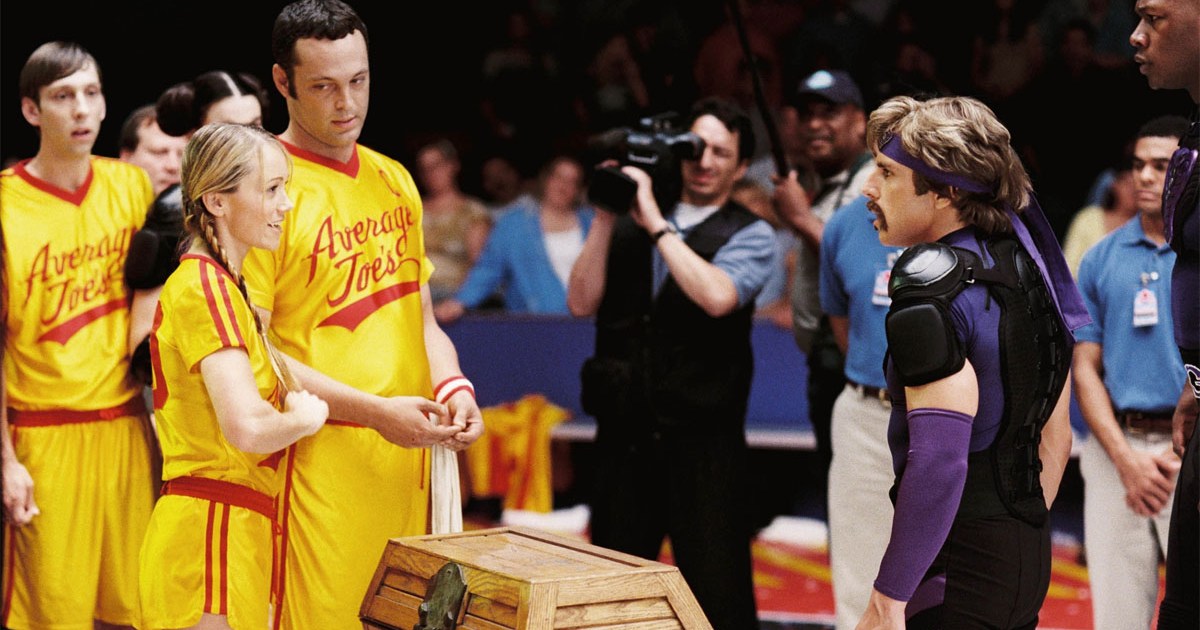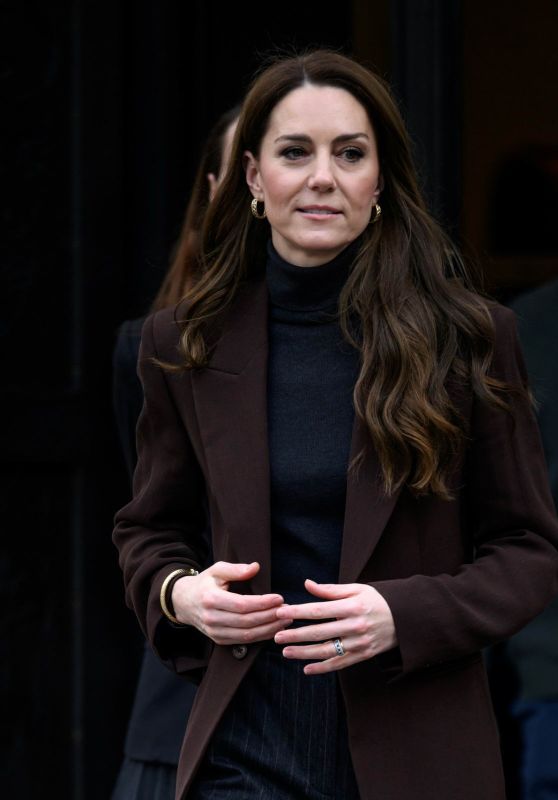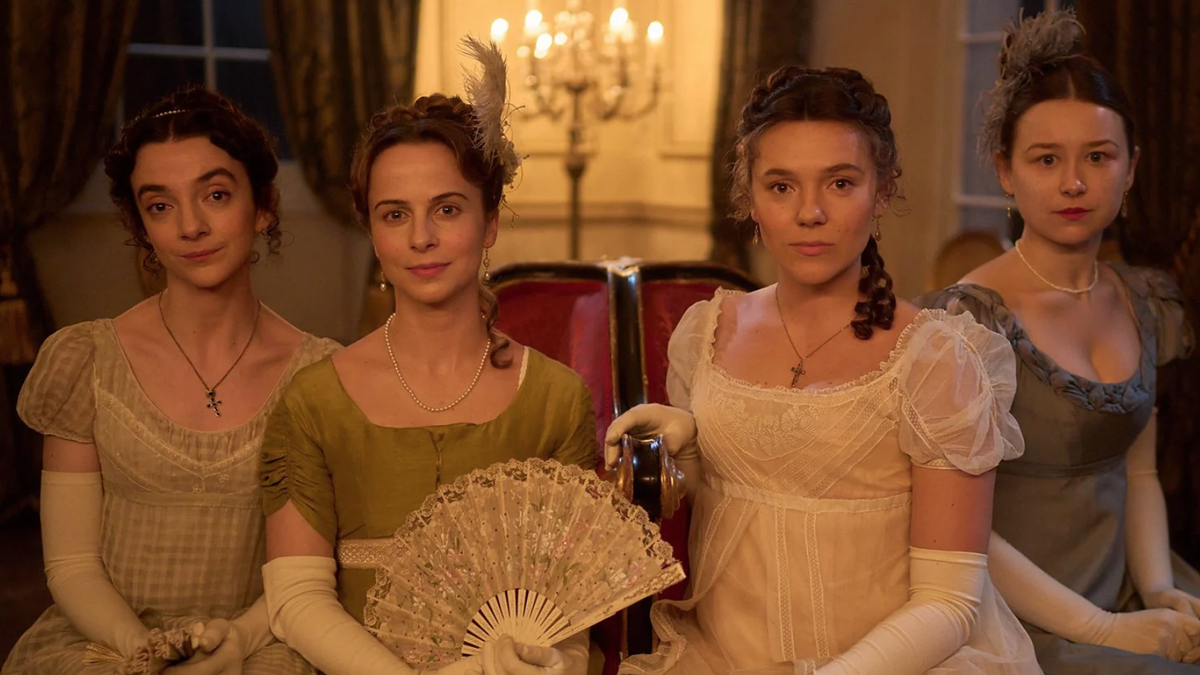[This story contains major spoilers from season two of The Recruit.]
It’s safe to say that Noah Centineo’s turn as a CIA lawyer reluctantly thrust into an action-packed thriller of real life spies has captivated audiences. The Recruit, created by Alexi Hawley, is No. 3 among Netflix’s top 10 TV shows since it returned with season two at the end of January.
In season one, fans were introduced to Centineo’s character Owen Hendricks. The role was unlike many the 28-year-old had previously taken on, trading in his status as rom-com leading man for action star. Returning for a shortened six-episode season two, The Recruit starts off with non-stop action and never takes it foot off the gas when traveling to Seoul, South Korea, to find a vibrant new backdrop.
Creator and showrunner Hawley moved the show to South Korea for two reasons, one being that he knows the Netflix audience. In fact, knowing the Recruit audience from season one drove several elements of season two; Hawley leaned into the action and gave viewers something to root for. “It’s sort of the anti-antihero show,” he says. “I guess I could just call it the hero show, but I didn’t. There’s something that you’re rooting for with this guy, which I think audiences really want these days. Look, I can do darkness, but I think they just want to root for something.”
Below, Hawley, who also directed the season two finale, expands on that while peeling back his decisions on picking back up after the season one cliffhanger, if Past Lives star Teo Yoo will return for a possible season three (Netflix has yet to officially renew) — and what season two’s final scene means for Owen’s future.
***
You picked up from a very high-action, dramatic ending to season one. Where was your head at creatively when planning out how to pick back up for season two?
It’s always the trick. How do you successfully pay off a cliffhanger, but yet also start a new season? I’s always a push and pull, because there was a lot of story that needed to be wrapped up and some of it is just set up for season two. We went out last season and, ultimately, Max is dead — obviously, a spoiler — but that felt like the most dramatic story we could tell. As much as Laura Haddock was amazing as Max, and that character was so dynamic, the thing that the audience never thought was going to happen, you have to do that. In this day and age, audiences are so smart and they’ve seen so much that they’re usually ahead of you.
Rolling out of that, how do we have last season impact, both on a plot level and also on an emotional level? Owen obviously pulled the trigger in season one. He’s a lawyer, he is a kid, he’s not trained for any of this, and so he does come into the top of the season going, “I don’t want to be here. I now firmly acknowledge I’m way out over my skis. I want to quit, but I can’t quit because they’ll blame me for everything.”
The only way you can quit is if you win — you can’t get a win. It’s all baked in. But that ultimately was the key to starting it. Once I came up with the idea that he manages to get that piece of mail, even though he is being rubber-roomed, and he opens it because he can’t help himself, then it became about character.
You said in another interview that you then put your foot on the gas. On a creative and technical level, how challenging is it to sustain that pace throughout the series, while still getting to pay off emotional moments? Do you enjoy that challenge?
Yes. Between The Rookie and this, I like to tell a lot of story. Part of it is just my style. There were definitely a few years on streaming where it felt like nothing happened in episodes. I’m like, “We got to do something, guys.” They need a beginning, middle and end; it needs to be satisfying. [The] Rookie is a network show which breaks with act breaks. In the writers room, I break The Recruit with act breaks, even though there aren’t any in the show, because it forces you to twist. I definitely do that, but I have found over the years that you don’t have to sacrifice character if all the action’s driven from character. You are rooting for Owen Hendricks. He is not Jason Bourne, he is not good at his job. He is a guy who has a ton of heart, who doesn’t look before he leaps and somehow manages to get out of it.
All the action is designed in a way that you’re rooting for the guy. There are moments if you go back and look at season one and even season two, where you could shoot it in a way where it felt like a big action, movie but I love in the finale, that moment of him in the car with the shotgun with Nichka (Maddie Hasson). That to me was one of the best sequences. It’s so small, but yet it’s really powerful and fun. If you’re always focused that every scene is about character, even if you’re talking about plot, then I don’t feel like we sacrifice that, even though we move fast.

What do you think is the most important thing for Owen this season? He is arguably a much more confident character by the end. He’s in a different place mentally and physically.
Ultimately, Owen got to a very dark place by the end of last season. Coming into this season, he’s trying to save himself, but he really does want to change. He does want to be a different guy, but he can’t help but fall back into his own ways. He even calls Lester (Colton Dunn) and is like, “I’m trying to do this right. I’m calling a guy. I’m going through proper channels.” Even with Yoo’s Jang Kyun in the fifth episode, where he has that moment of realization of, “I’m doing this again, I shouldn’t be asking you this, even though you’re the right…” That was real growth for him.
The problem is that she immediately was like, but “I need an adventure, and so I have agency and whatever.” I think that was important to see him at least come to recognize who he is in all this. But also, equally important, was that Nichka [Maddie Hasson] journey where she’s like, “I got to hurt some people to do this. Is that OK?” For him to have to say yes, and then later in the finale, where she shoots that guy and she’s like, “Stop pretending that your actions don’t have consequences.” That’s where Owen is being forced to grow up and realize it’s a dark world that he’s in.
Teo Yoo, who played Jang Kyun, was such a lovely addition this season to act off of Noah. They have a great push and pull happening there. What was it like having him join the cast?
It was such a get for us. He is so talented. He is so relatable, and he actually is a super good martial artist, so that helped us too. I didn’t know that when we hired him. So a lot of that action is the two of them, which you just can’t beat. It was a tricky role because at the end of the day, stakes always has to win, even though we do comedy. To have this character, who will do anything for love — and anything is some dark stuff — as much as it became a buddy show underneath, he still would throw Owen to the wolves if he could save his wife, and he says that. That’s where we can get such great humanity with Teo, which immediately endears you and also brings Noah towards him. But then Noah goes back to the building and he’s like, “We’re not the Red Cross. [It doesn’t] matter why he’s doing this.” He gave us great humanity, which is ultimately what Owen was looking for because he’s surrounded by bad people. He invested in this love story despite the fact that it was dangerous and toxic to him and his job.
Why did you feel Seoul would work as the backdrop for where the story and Owen were going?
I had several reasons I wanted to tell the story with Korea in it, one of which is very personal. I have four kids and one is adopted, Mira, and she was born in Korea. It was important to me to tell that story and go there. On a little bit more of a mercenary level, I know that for Netflix, Korean programming is amazing and a big part of their streamer. So, it did also seem like a win-win good for me on a personal level, but also smart for us as a show.
It also very much, at least the beginning, took us away from the Russia of it all. Obviously, it ends up dovetailing back, but being able to actually go to Korea and shoot there… we were there for about a month after we had wrapped Vancouver and it was just truly a joy. The crews were amazing, and the actors that both we hired there, who came to Vancouver then went back to shoot, and then the people who shot locally, it was just such a welcoming. It was really a great experience, and also really good for the story because as much as South Korea is sort of a true ally to the United States, for American audiences, there is a difference to a European-based show. It did feel like it was fresh, even though it’s technically a longstanding relationship.
What do you hope people take away from this season?
The first thing I always want people to feel is they just had a really good time. They look forward to seeing it, and it was very satisfying to them and it was a ride. I do hope they feel a little uplifted by it, which seems like a strange thing to say about a CIA show. But I think that ultimately Owen’s journey in this season is somebody fighting for meaning, somebody who’s willing to put his own self second and sacrifice potentially his life to save these people who are in love. Obviously, Teo’s backstory is fucked up a little bit with how she ended up in trouble., But I want people to feel like they were just on an adventure that was really fun to be on, as much as it was stakesy and all that kind of stuff. That’s always my goal. The world’s very hard right now, and has been for a while, and so same thing on The Rookie — I want people to look forward to it being on and then feel good after they watch it.

In terms of that last moment between Teo and Noah’s characters, where it seems the buddy aspect might become a little bit more permanent, what does that mean for the future?
If Teo is available to us, we would like to see him again on the show. I like that he is an ally for Owen. I don’t think that season three becomes the Owen-Teo show again, but I do [like the idea] to have this wildcard lead character who does things his own way to start to have these people he can go to that are a little bit unacceptable to the building, but who ultimately there for him; who owe him something. Then maybe a little further down the road, it becomes a bigger thing, if that makes sense. I like that ultimately you start to build this world of characters who you see again, who are interconnected.
What do you think fans of the first season will find most exciting this season?
We definitely lean into action more in season two. That was a bit of the takeaway, both from me and from Netflix, because they know everything about their viewership. The action audience was a big part of our viewership, which is fine to me. The joy for me, because I try and do everything tonally in shows, is, “Oh, you want me to lean on that foot instead of this foot?” More action was not a problem. Ultimately, it feels like a story that matters. It feels like a journey that matters with Owen as much as it can be irreverent at times, as much as he can fuck up.
That is one of the true joys with Noah as a lead. I’m blessed because I also have Nathan Fillion as a lead on The Rookie, both of whom are actors who don’t mind falling down as a character. You keep hearing stories of leading men who have riders in their contract: “I can’t lose a fight.” But that’s when it’s interesting. When you lose it’s interesting. Indiana Jones lost almost every fight he was in, until he won. For Noah, it makes it so much fun to write for him because he gets it. There are times where you have to fail and picking yourself up is what makes you interesting.
Those moments, especially in the finale where he is a stranger in a strange land, and he’s behind enemy lines, he ultimately has to get into some stuff. He was trying to run away from that kind of violence. He doesn’t want to be dead inside, but still wants to know that he has to do the right thing in his mind, no matter what. It’s sort of the anti-antihero show. I guess I could just call it the hero show, but I didn’t. There’s something that you’re rooting for with this guy, which I think audiences really want these days. They want it a little more black and white than the nuance that it has been, and the darkness. Look, I can do darkness, but I think they just want to root for something.
***
The Recruit season two is now streaming on Netflix.


















 English (US) ·
English (US) ·